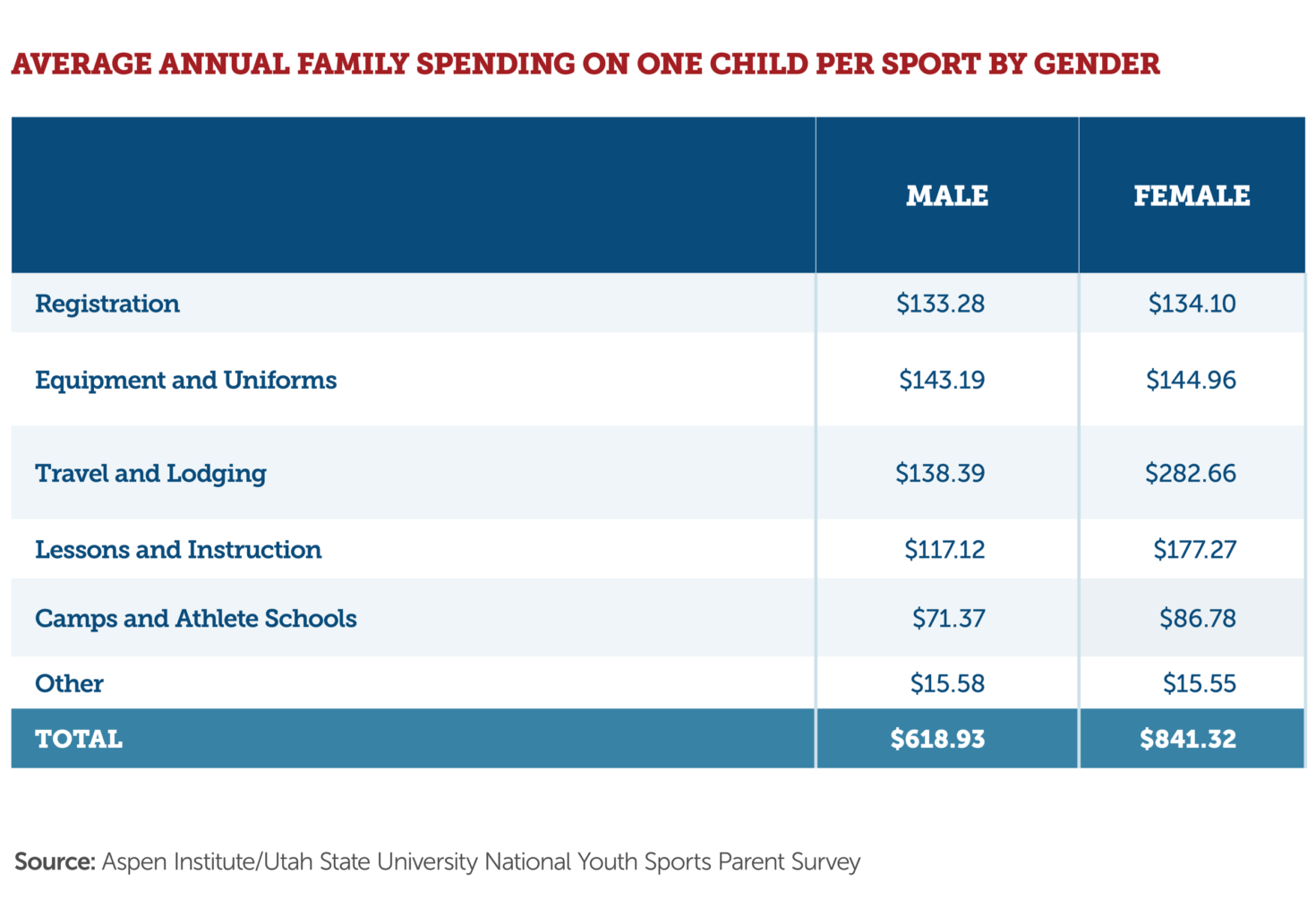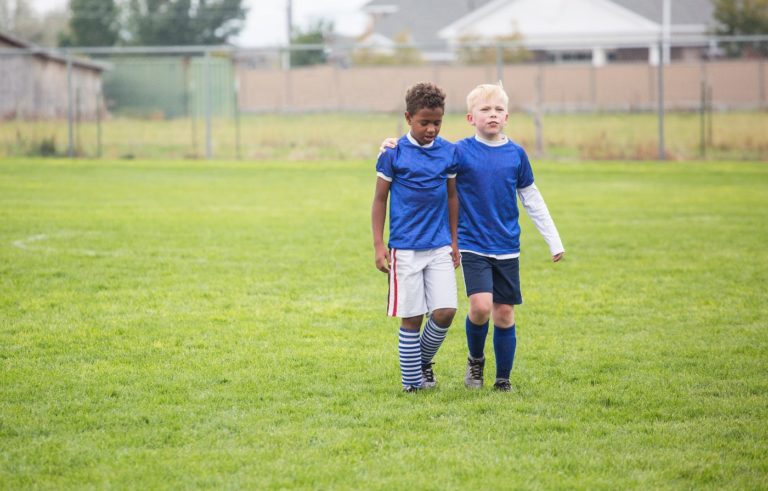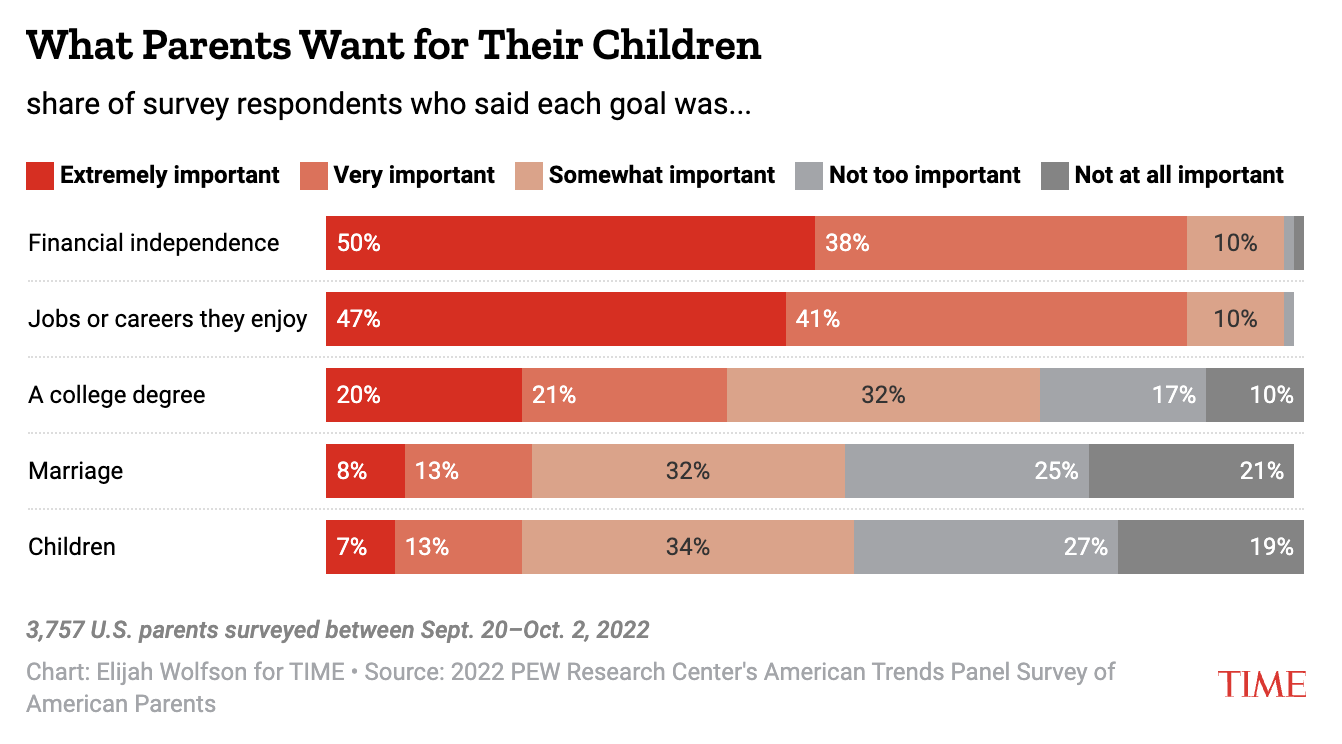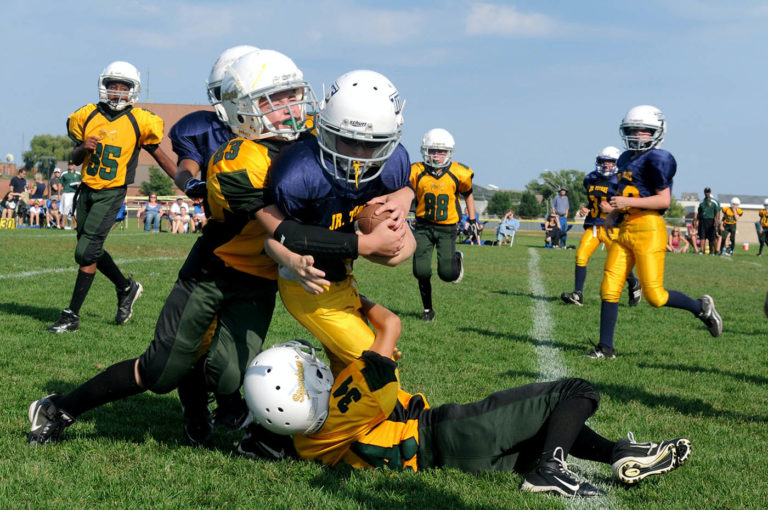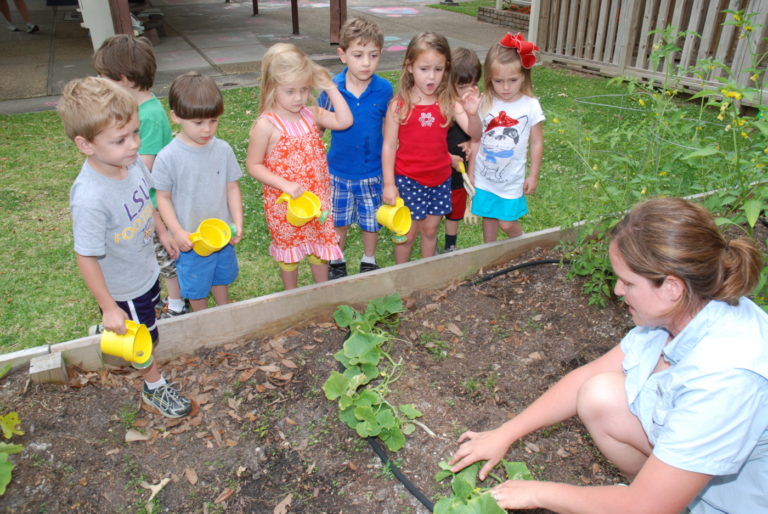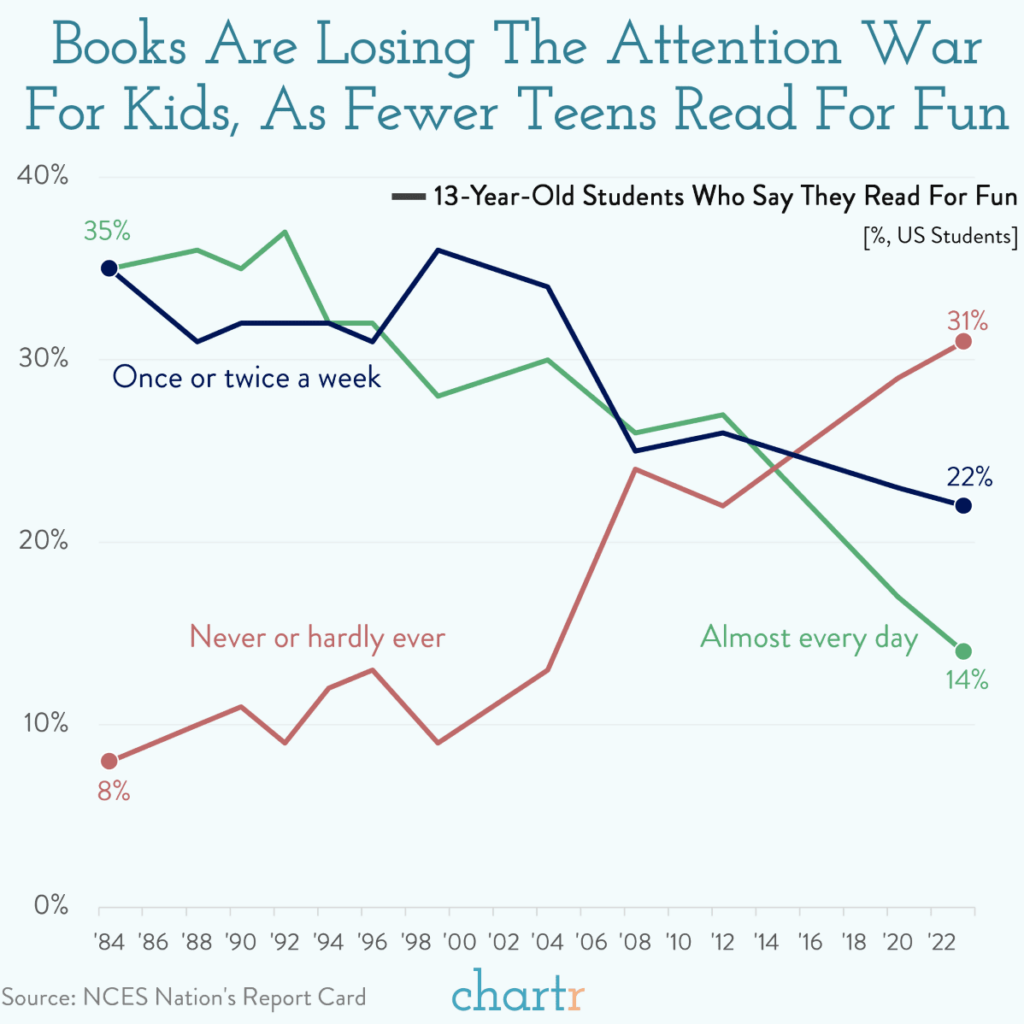We get it, you get it, everyone gets it: kids today are glued to digital screens and the addiction is only worsening.
The problems associated with excessive screen time are well-known, so we’re not going to regurgitate them here nor guilt you into feeling like a terrible parent because your child is pretty much like every other kid on the planet.
What we are going to suggest, however, is that there’s a reasonably easy and mutually beneficial way to reduce some of that screen time: namely by reading the way with your kids.
Ok, it’s a silly play on words. But you read it (hint, hint) and maybe it’ll stick with you long enough to take root? If it does, you and your children will benefit. A lot.
Watering Young Sponges
It’s been said kids are sponges because their fast-growing brains literally soak up enormous amounts of information – information that will go a long way in determining the nature and characteristics of their adult lives.

Their biggest influences across those early years: mom and dad, of course.
So if mom and dad spend gobs of time staring at TVs or smartphones, the kids learn that what’s in those boxes is far more important than anything else the world has to offer.
Now imagine that mom and dad are regularly reading physical magazines or books. That same curiosity now wonders: ‘What is it about those words that so fascinates mommy and daddy?’
The benefits of reading – especially for young minds – are seemingly endless, and include stronger or improved:
- Vocabularies
- Self-esteem
- Academic performance
- Focus
- Imagination and creativity
- Critical thinking skills
- Relationships with others
Parents Benefit Too
Let’s not forget that reading is good for mom and dad too. Reading aloud to your child, for example, isn’t just good for your children, it builds stronger bonds with your kids. By reading aloud, you’ll connect with your child on unforeseen levels and even learn new things about them.
Furthermore, adults who regularly read enjoy:
- Reduced chance of developing dementia
- Lower stress levels
- Improved focus and concentration
- Greater empathy
- Stronger vocabularies
- Better sleep habits
So there you go, mom and dad, start reading – to your child, and yourselves – and reap the myriad benefits that come with it. Your children will thank you, if not now, later in life.



